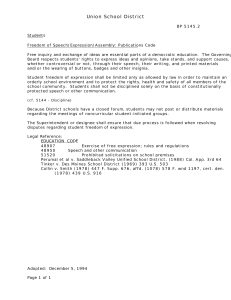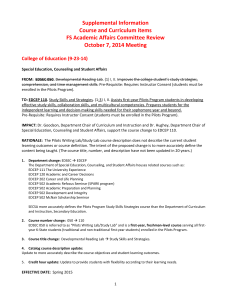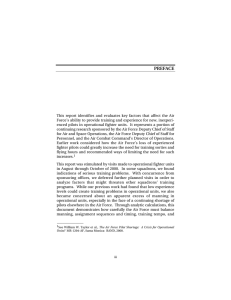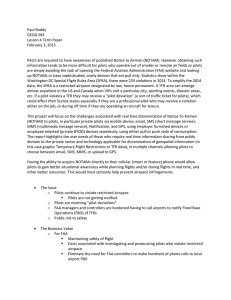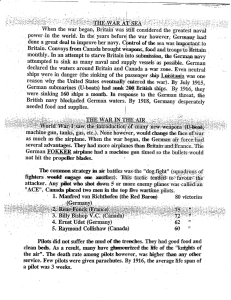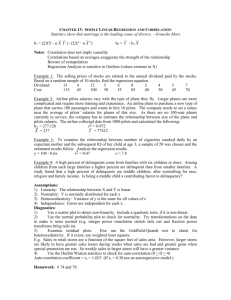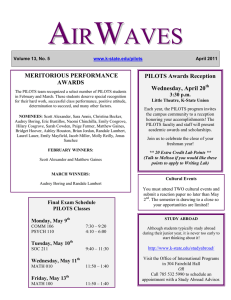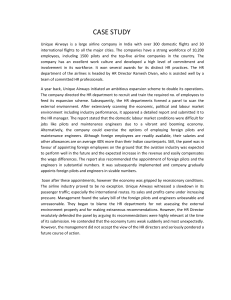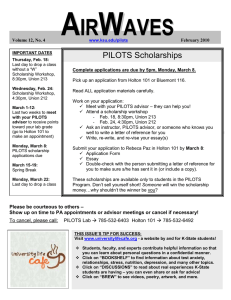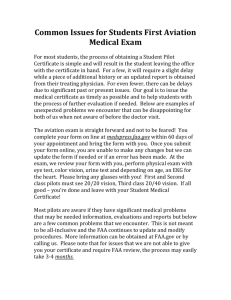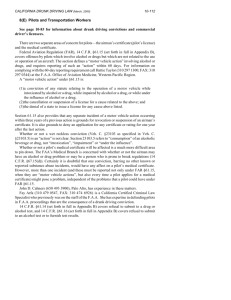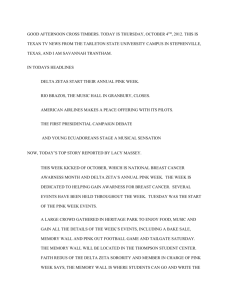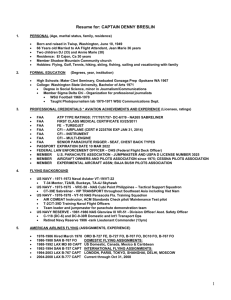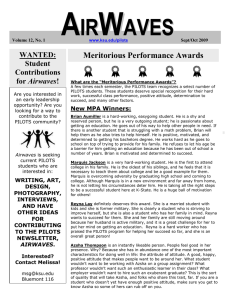John Dutto 2014 - King High Remembers
advertisement
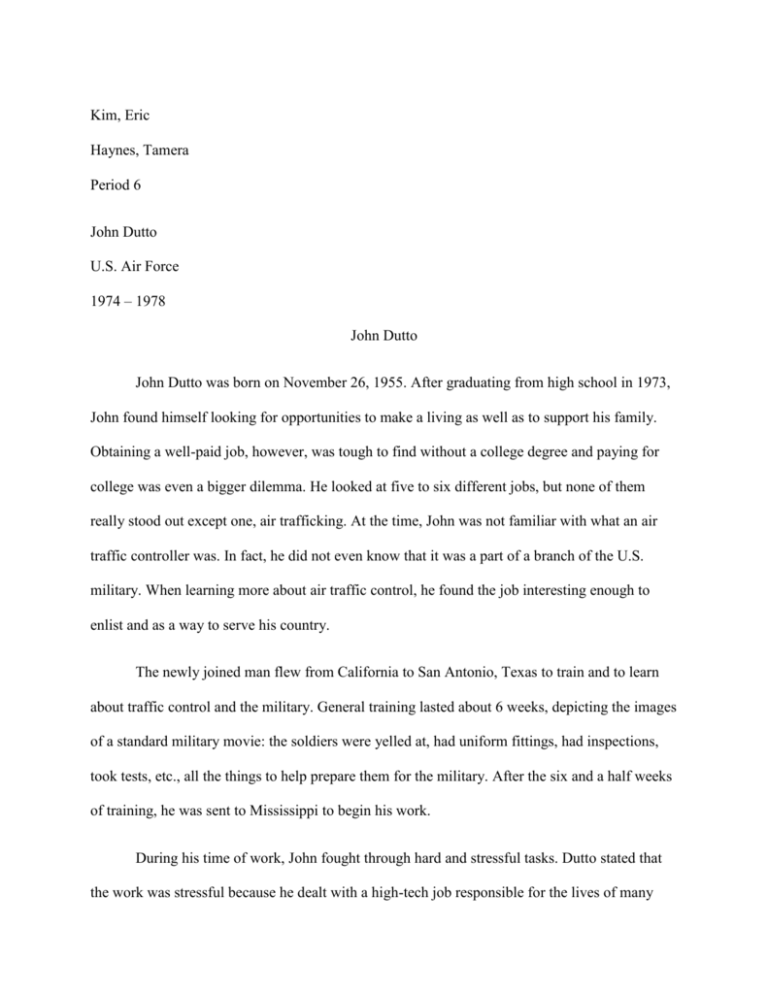
Kim, Eric Haynes, Tamera Period 6 John Dutto U.S. Air Force 1974 – 1978 John Dutto John Dutto was born on November 26, 1955. After graduating from high school in 1973, John found himself looking for opportunities to make a living as well as to support his family. Obtaining a well-paid job, however, was tough to find without a college degree and paying for college was even a bigger dilemma. He looked at five to six different jobs, but none of them really stood out except one, air trafficking. At the time, John was not familiar with what an air traffic controller was. In fact, he did not even know that it was a part of a branch of the U.S. military. When learning more about air traffic control, he found the job interesting enough to enlist and as a way to serve his country. The newly joined man flew from California to San Antonio, Texas to train and to learn about traffic control and the military. General training lasted about 6 weeks, depicting the images of a standard military movie: the soldiers were yelled at, had uniform fittings, had inspections, took tests, etc., all the things to help prepare them for the military. After the six and a half weeks of training, he was sent to Mississippi to begin his work. During his time of work, John fought through hard and stressful tasks. Dutto stated that the work was stressful because he dealt with a high-tech job responsible for the lives of many others. Air traffic control would command pilots flying planes between whopping 300 and 600 miles per hour. At those crazy speeds, any small error from the command at ground level could create disaster in seconds. The average workday consisted of 8 hours with lots of variation to add additional hours in the men’s schedules. In his time, people did not even have counselors or therapists to vent to, and at the age of 18, John was susceptible to serious tension. The training he had gone through was serious; there was no time to play silly pranks or jokes on each other. He and other cadets trained Iranian pilots who spoke broken English, so listening and instructing the individuals carefully was essential for their jobs. He faced major conflicts such as pilots losing control of their aircraft and signals of aircrafts disappearing. This added to the intense struggle for the command control. However, the men were not always working tiresome shifts. During their leisure time, he and his workmates played sports like basketball, softball, and bowling. John was quick to making friends with the other men since many of them were relatable to each other, enlisting mostly for the sake of government aid, food, and sheltering at early ages. John called home about once a week and was able to visit his family back in California often during vacations. In air trafficking, one of his most honorable feats was saving a pilot, who had been roaming in between Mexico and the U.S., from crashing. The Air Force awarded John’s respectable work with the Air Force Accommodation Medal. On October 1978, he was discharged from the air force. John had the option to re-enlist, but ultimately he decided not to. This hero’s service in the military was then officially over. While he worked for air traffic control, John made about $400 a month not including tax deductions. After taxes, only about $275 was left each month, so he forced himself to be conservative in the time being. His economic status however changed after the G.I. Bill benefits. For a whole year, John was allowed to receive economic bonuses because of his military contribution. With the extra allowances, he lavishly paid for his children’s college tuition and educational needs. Following his employment in the Air Force, he got a job at a steel manufacturing company, making structures such as poles for football stadiums. Later, from 1978 to 1982, he began working with the Federal Aviation Administration for air traffic control and at LAX for about 34 years. Working at LAX, John experienced similar work from the Air Force. In 2007, he saw the AeroMéxico Flight 498 disappear from the radar, which led to the plane’s destructive crash and a large casualty count of 82 people. At the age of 56, he was forced to retire. John quotes that he enjoyed working with the FAA because being with the FAA he did not have to worry about getting laid off or having to retire early. John states that he enjoyed working in the Air Force and that he does not regret joining it either despite all of the hard work it took. Clearly, one can tell that John’s life has become a success from the devotion to his work in shaping America today and its ever-growing history. He currently resides with his wife in Murrieta, California. John has three kids who own seven businesses in the area of Apple Valley, and two of his kids own major degrees. Working in the Air Force has really changed his life forever. In the end, John Dutto was a successful man, and not only did he serve for his country during the Vietnam War, he served for his own family too.

